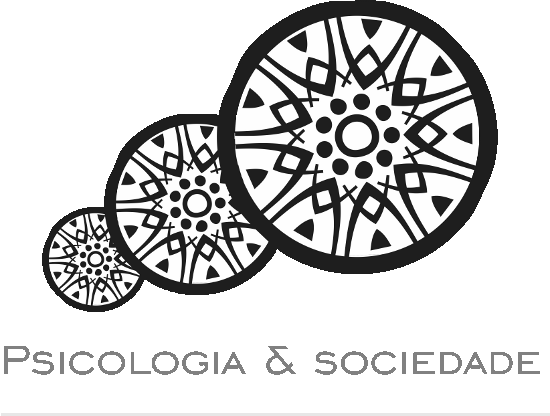Behind social inequality there is suffering, fear, humiliation, but there is also the extraordinary human miracle will to be happy and to start where any hope seems to be dead. Psychology has a duty to protect this human dimension in the analysis and social interventions, belying the classic images of the destitute ones being merely grateful for being alive. Thus, it collaborates with the development of social policies avoiding mechanisms of perverse social inclusion. The design of affection for Spinoza and of freedom for Vygotsky are major preconditions: an affection is the basis of ethics and politics, freedom requires collective action and it is not to be confused with freewill, based on creativity and imagination. From this perspective, one of the challenges of combating social inequality is to elucidate the affective / creative system which holds the servitude in the (inter) subjective and macro-political plans, to plan an ethical / aesthetic practice of social transformation.
affection; freedom; public policy; social change; direction; power of action; perverse inclusion
